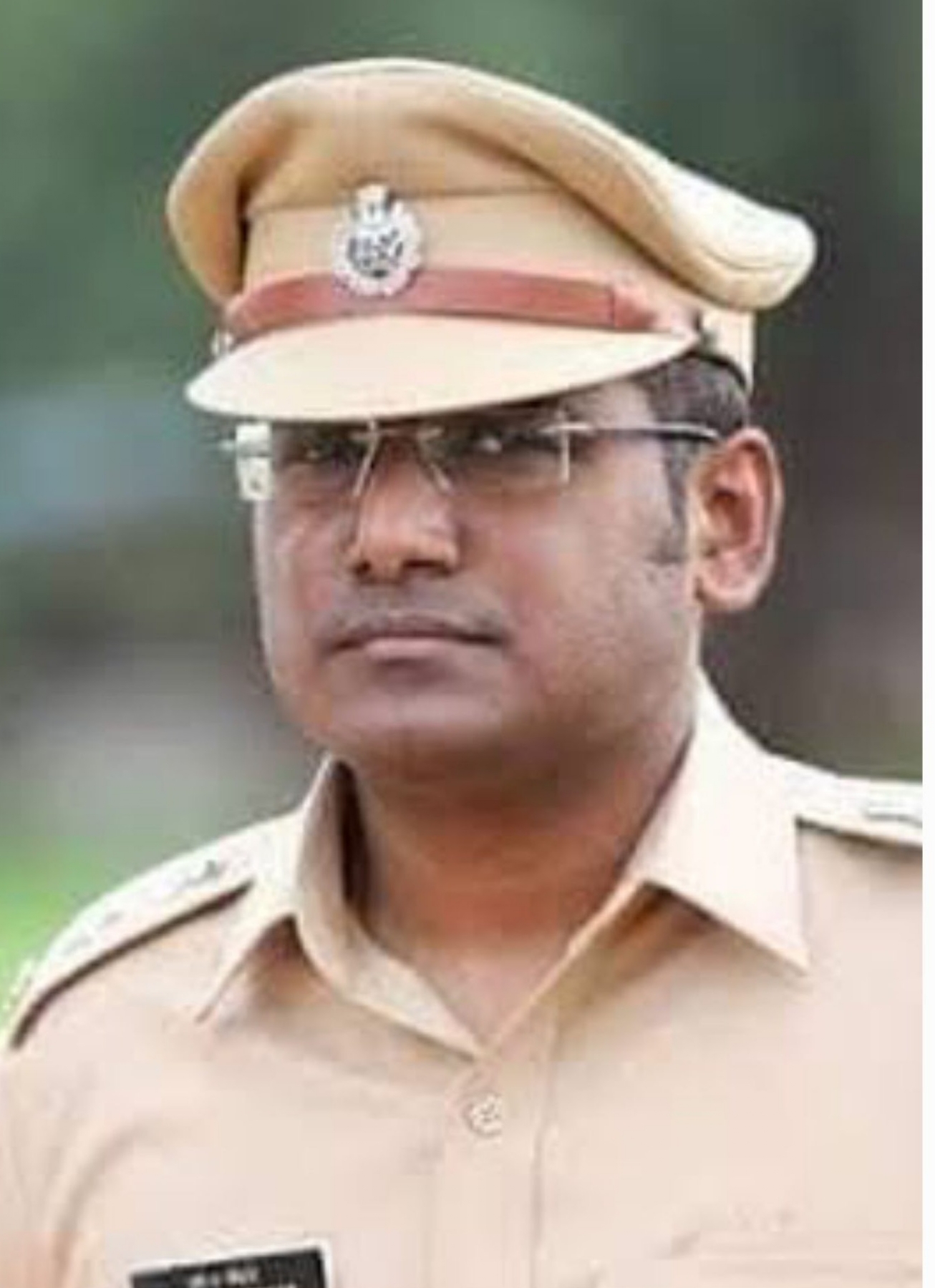New laws to replace IPC from today
| Date :01-Jul-2024 |

Dr Ravinder Singh
 Dr Harssh Poddar
Dr Harssh Poddar■ Staff Reporter :
FROM today onwards, historical changes are set to reshape
India’s legal framework with
the introduction of three new
laws replacing colonial-era
criminal laws. The Bharatiya
Nyaya Sanhita (BNS), Bharatiya
Nagarik Suraksha Sanhita
(BNSS), and Bharatiya Sakshya
Act (BSA) will supersede existing laws and mark an important shift in the country’s legal
landscape.
The decision, finalised by the
Central Government last year
and effective from today, aims
to modernise and streamline
criminal justice procedures.
Under these new laws, all the
familiar sections of the Indian
Penal Code (IPC) will be reclassified. For instance, cases of
murder will now be registered
under Section 103 (1) of the
BNS and replace Section 302
of the IPC. Similarly, robbery
cases will be identified under
Section 310 of the BNS, instead
of the current Section 392.
To prepare for this transition, intensive training programmes have been conducted for personnel of Nagpur City
police and Nagpur Rural Police.
These efforts are crucial as
judges, lawyers, and police personnel must familiarise themselves with the revised legal
frameworks to ensure effective
implementation.
Commissioner of Police Dr
Ravinder Singal said that
almost all police personnel of
City Police have been imparted training of the new laws.
The training officials will be
available for the police personnel on the telephone to
solve their issues during the
implemention, he said.
He also said that the objective of the new laws is to
enhance justice delivery. The BNS, for instance, includes 20
categories and 385 sections,
with 12 new sections introduced and penalties heightened in 30 cases compared to
the IPC.
Superintendent of Police (SP)
Nagpur Rural Dr Harssh Poddar
said that the new laws would
be implemented frommidnight, and for this, almost96 percent of NagpurRural police personnel havebeen trained. “Various eventswill be organised at policestation levels for public awareness to inform about crimesagainst women and adopt avictim-oriented approach,” hesaid.